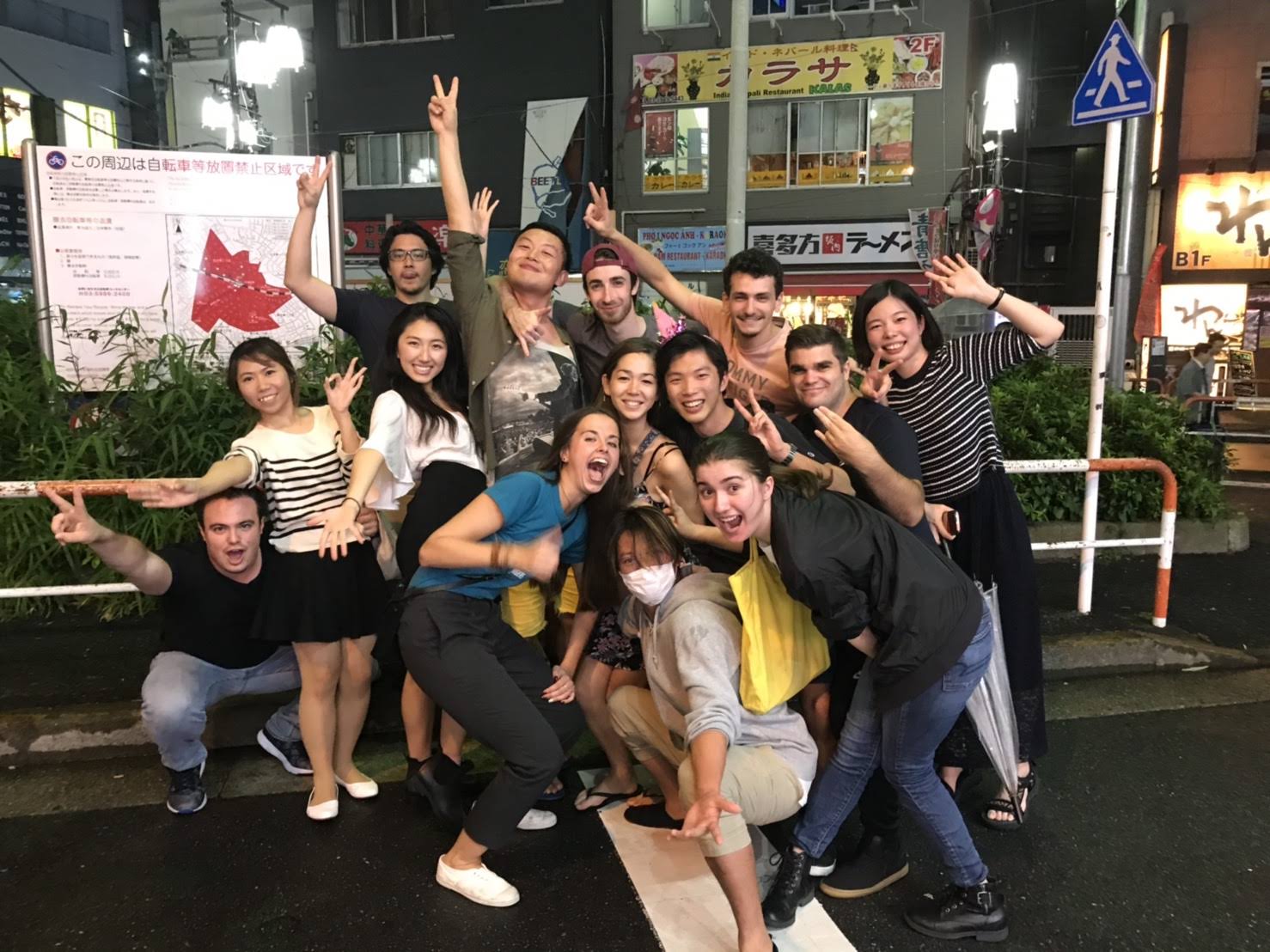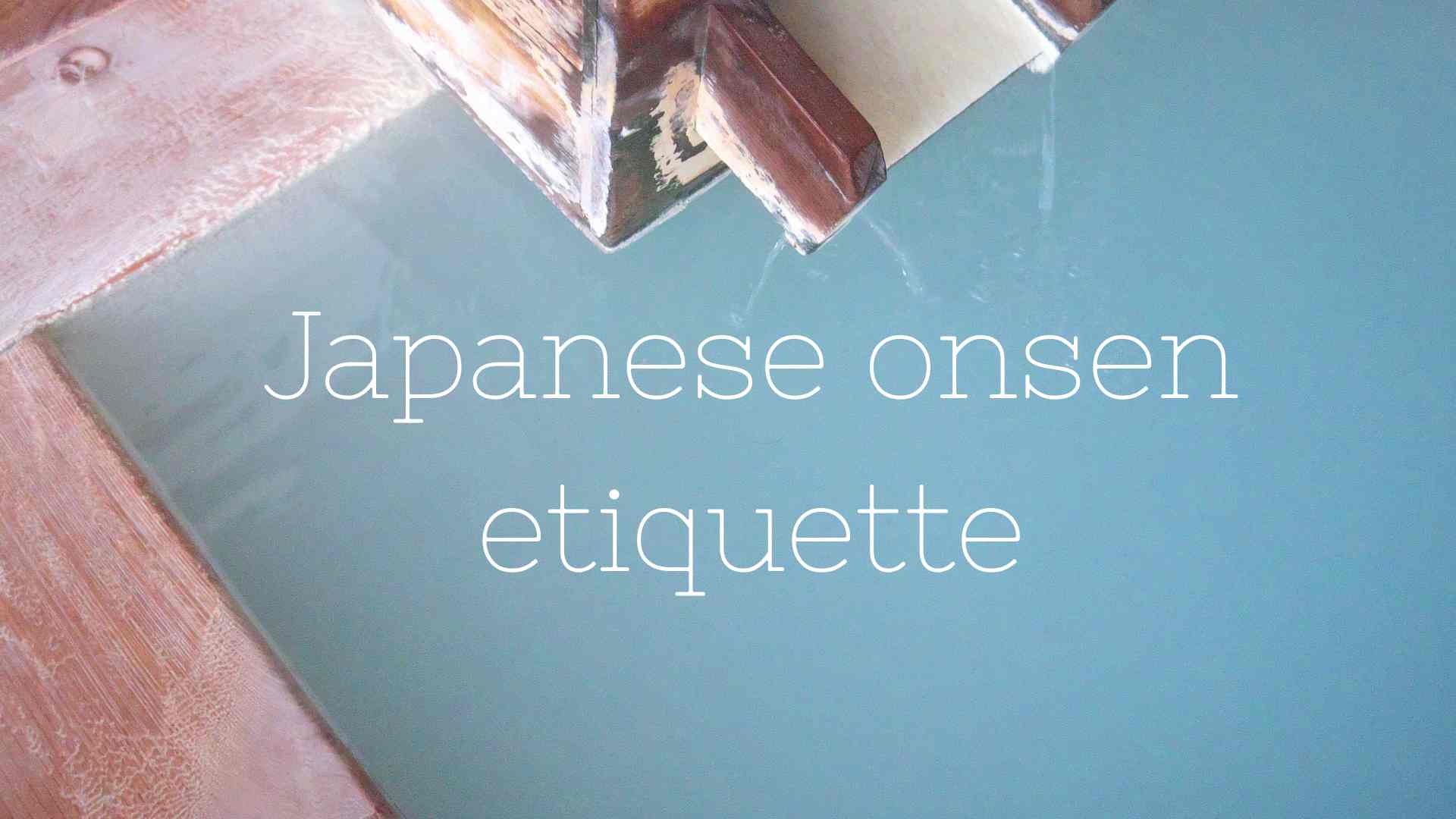Sharehouses in Tokyo have been booming because they provide budget accommodation, for little upfront cost, in an expensive city. Living in a sharehouse in Tokyo is also a great way to make both local and foreign friends in Japan.
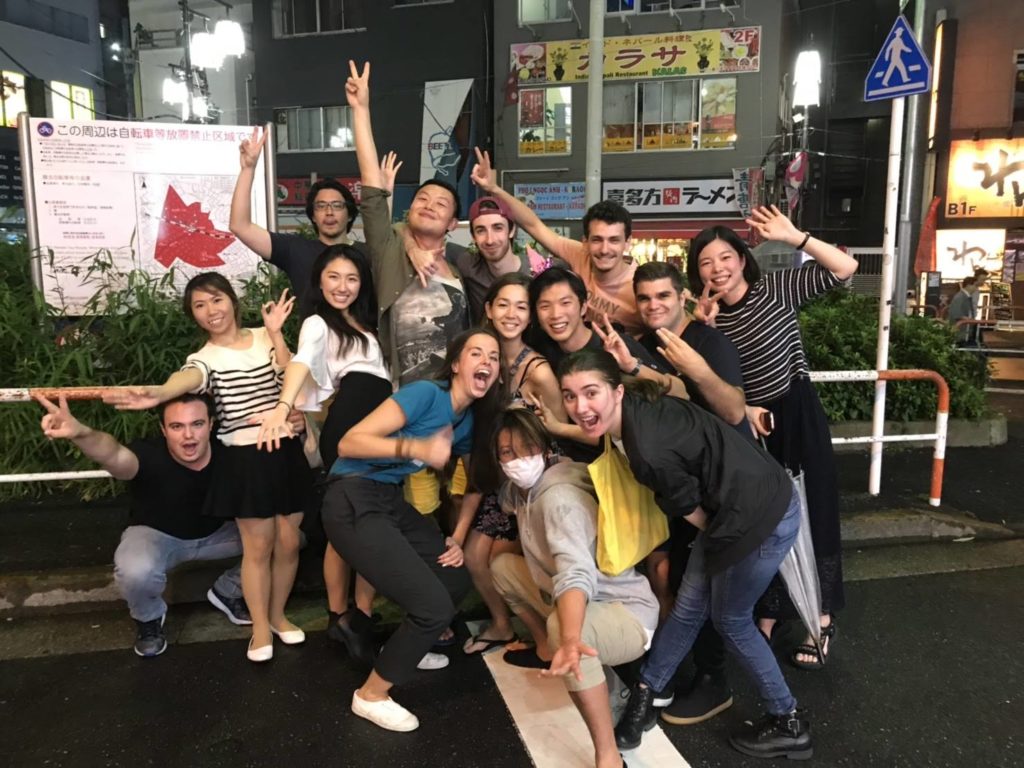
But First... When Might a Sharehouse NOT Be Right For You
- If you are sensitive to noise
- Just want a place to sleep and be away from other people
- If you are incredibly messy, or alternatively, OCD-level clean
- You are not a ‘team player’, and have a hard time doing your part in communal situations like cleaning up after yourself
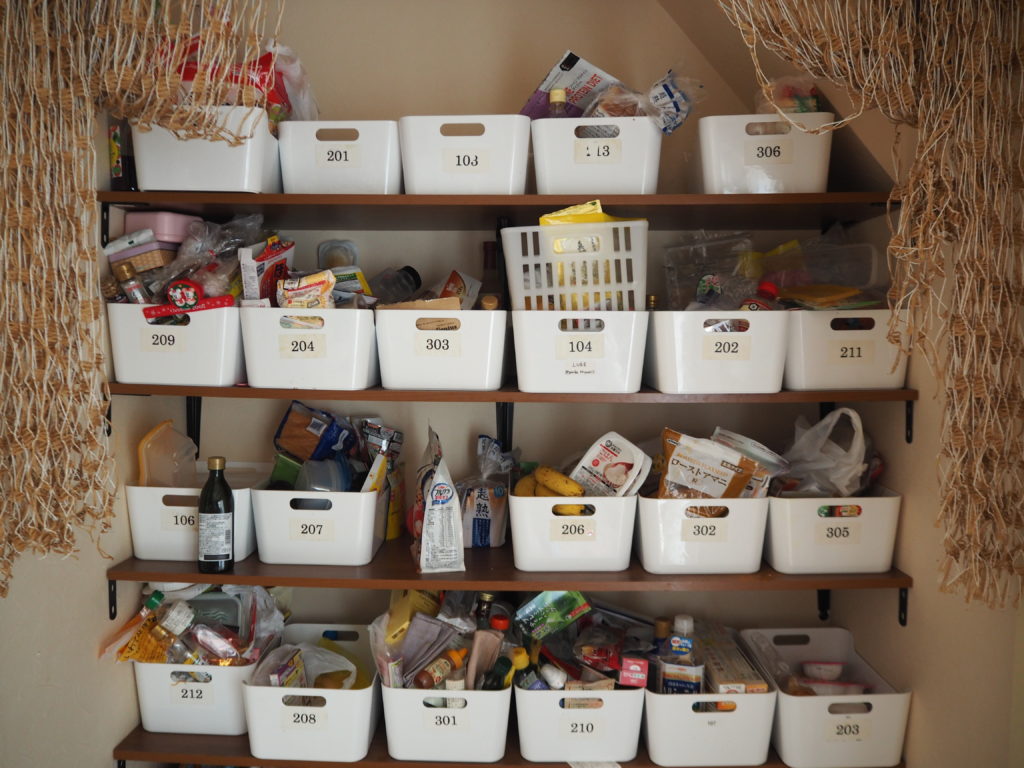
How Much to Budget for Finding a Sharehouse in Tokyo?
Rent
On the low end, expect to pay about 40,000 yen ($370 USD) per month, for a bed in a dorm room in Tokyo. For this price you’ll be sharing a room with 3 or more people, possibly in a loft bed or bunk bed situation.
There is no upper threshold for how much you will pay for a room in a sharehouse, but for 200,000 yen ($1,850 USD) you can rent an apartment for a month, so a room in a sharehouse should be less than this.
On average, expect to pay 60,000-90,000 yen ($555-$833 USD) to rent a single room when finding a sharehouse in Tokyo.
Utilities
Deposit
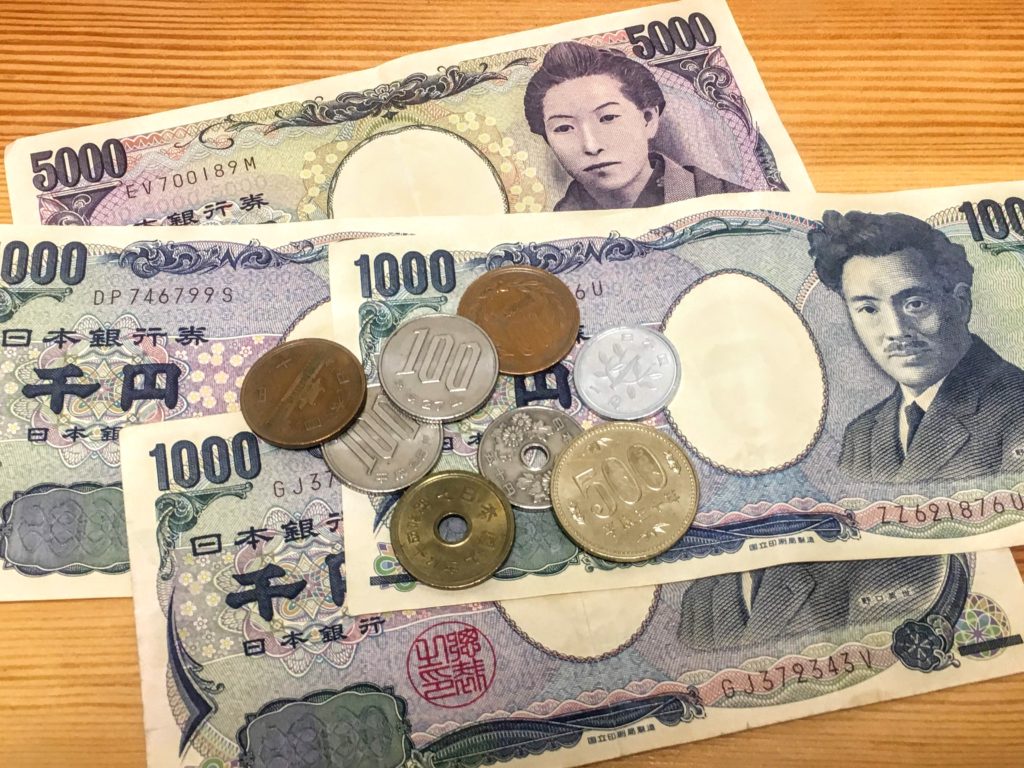
Furnishing your room
Not all sharehouses in Tokyo come with furniture. For short-term stays in Tokyo, it’s best to find a room that already has a bed, closet, desk, and lights. For long-term stays, you can choose whether you want to furnish your own room or not.
Taking a trip to IKEA then having a load of furniture delivered (because you can’t take a bed and closet on the train) could cost an extra 50,000-70,000 yen upfront ($463-$648 USD).
Some sharehouses in Tokyo provide tenants with big fridges and pantry space to store their food. Others that don’t have this space, may mean you will have to buy your own mini-fridge, rice cooker, and water boiler to keep in your room.
Minor Recurring Costs
- Insurance – Most sharehouses require renters to have insurance. This could be offered through the sharehouse company, or be something that you need to purchase separately. I paid 15,000 yen ($139 USD) for one year of Fire Insurance. A pro-rated amount will be refunded to me if I stay less than one year.
- WiFi – Not all sharehouses have communal WiFi available. Sometimes WiFi is only available in the common areas, so you need to purchase a router, or a personal WiFi hotspot.
- Laundry – If your sharehouse does not have laundry, you’ll be spending a small amount every week or two weeks to do laundry at a coin laundromat, which can add up.
- Train costs – Cheaper sharehouses tend to be farther away from the city center, meaning your transportation costs will increase. If you find a more expensive sharehouses in Tokyo city center, some of the cost may be offset by the transportation costs you save.
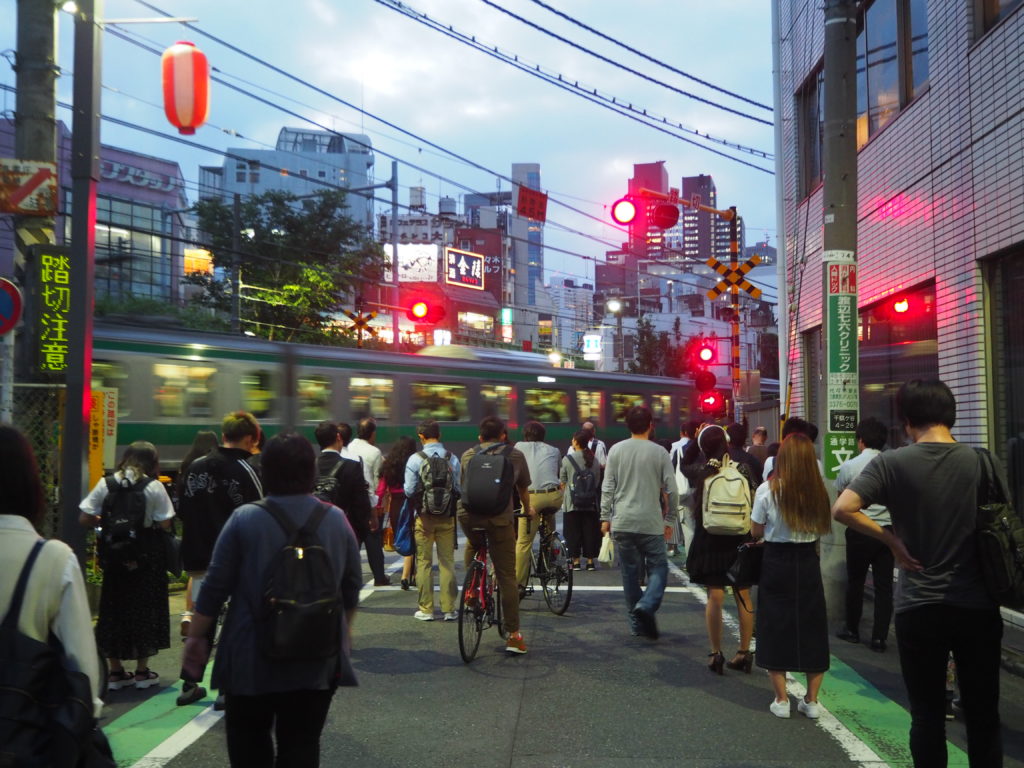
Approximate Budget for a Tokyo Sharehouse
- Rent: 62,000 yen ($574 USD)
- Utilities: 12,000 yen ($111 USD)
Recurring Costs: 74,000 yen per month ($685 USD)
- Deposit: 30,000 yen, of which 10,000 yen is refundable
- Insurance: One-time cost of 15,000 for one year
- Furnishing: One-time cost of 2000 yen buying small things at DAISO, 3000 yen to buy bedding from NITORI.
- WiFi: One-time cost of 3000 yen for a router
Up Front Costs: 53,000 yen ($490 USD)
Offsetting Your Monthly Costs of Living in a Sharehouse in Tokyo
Some Tokyo Sharehouse companies offer part-time jobs to their tenants.
- Sharestyle has an Eikaiwa program, where English speakers get paid to have English conversation lessons with Japanese tenants in their network of sharehouses
- Oakhouse has a blog that their tenants can contribute to for a discount on rent.
- Social Apartments has a hotel/reception that their tenants can work at part-time.
Some sharehouses in Tokyo may have construction projects that their tenants can get paid to help out with as well, and others have discounts for foreigners who can speak more than one language.
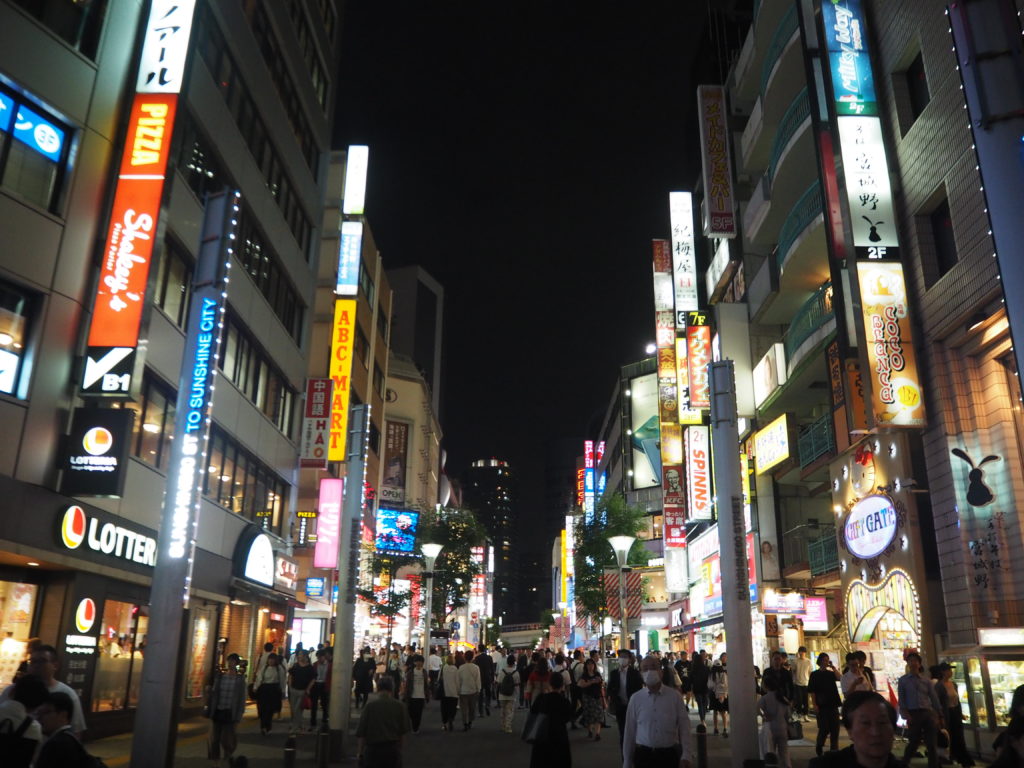
Location, location, location: Finding the best neighborhood in Tokyo
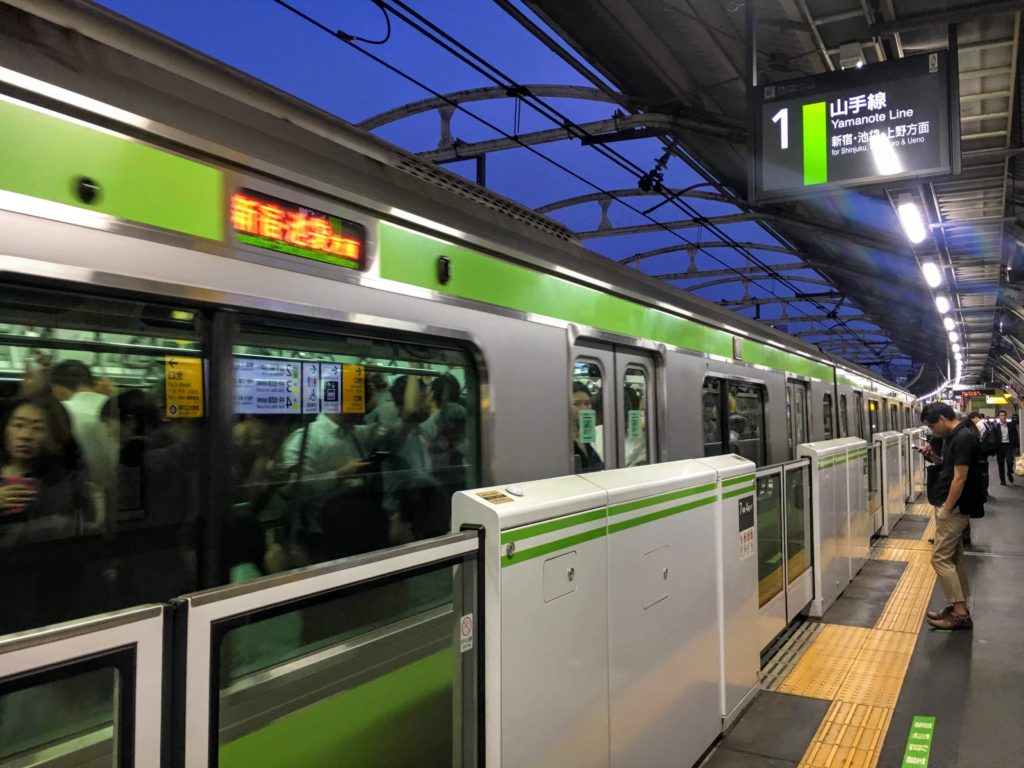
Tokyo Neighborhoods in Order of Centrality
This list is based on my opinion, from having lived in Tokyo for six months. This is not a definitive list, and it’s best to check out the feel of each neighborhood before you commit to a share house in Tokyo.
- Shinjuku, Shibuya, Harajuku
- Shin-Okubo, Tokyo Station Area/Nihonbashi, Ginza, Roppongi
- Akihabara, Ikebukuro, Ueno, Akasaka
- Sangenjaya, Kichioji, Meguro, Itabashi, Kasai
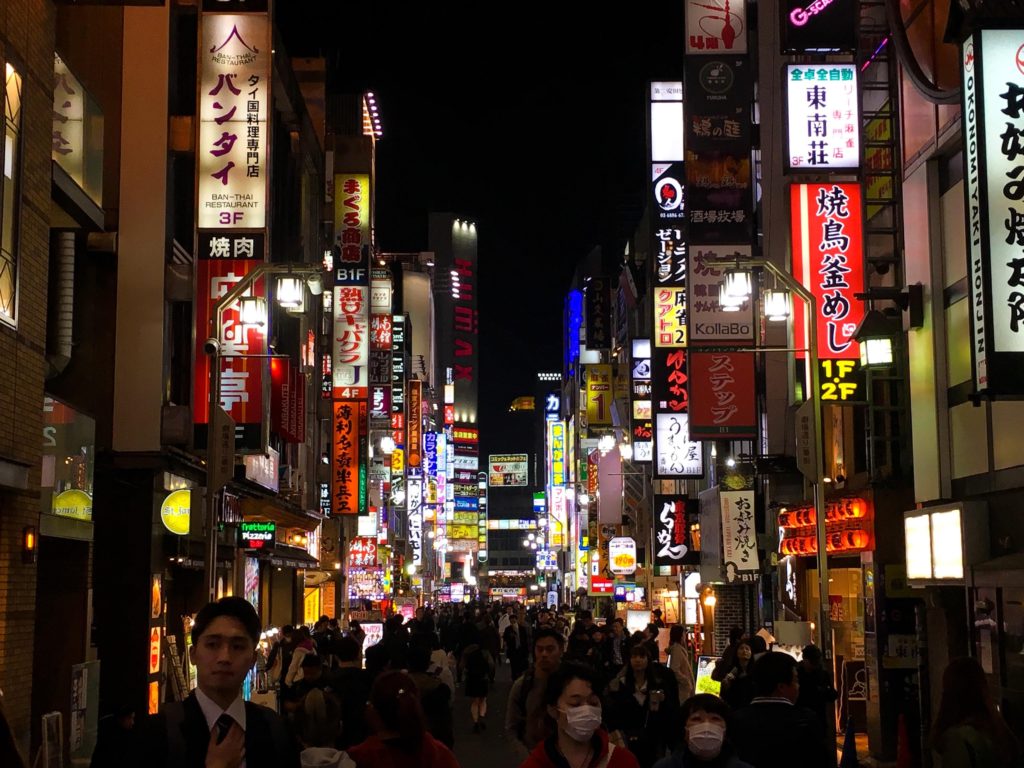
Differences in Tokyo Sharehouse Characteristics
Sharehouses in Tokyo have a lot of variance in terms of size, atmosphere, and facilities available to their tenants. When finding a sharehouse in Tokyo, keep in mind what is important to you.
Ask yourself if you would be happier in a social environment, or if you need a large kitchen our outdoor space. Is it more important for you to have a large room for yourself to spend time in, or do you want a larger living room? Are you in Tokyo wanting to make friends with other expats and locals?
Check these Tokyo sharehouse characteristics before selecting your new home:
- Number of tenants in the sharehouse – This can range from 3 people in a shared apartment, up to 50+ people in a large building. Expect 50% of the tenants in your sharehouse to be actively social, and expect the other half to be work-eat-sleep oriented.
- Kitchen Size – If you love cooking, or plan to make meals at home, it’s important to have a large and functional kitchen. In old Japanese buildings, kitchens are often tiny. More modern sharehouses will have big kitchens with plenty of cooking spaces and large fridges.
- Living Room/Common Area Size – If you want to have a social time in your sharehouse, it’s important to have a functional living area where people can gather in the evenings or on the weekends.
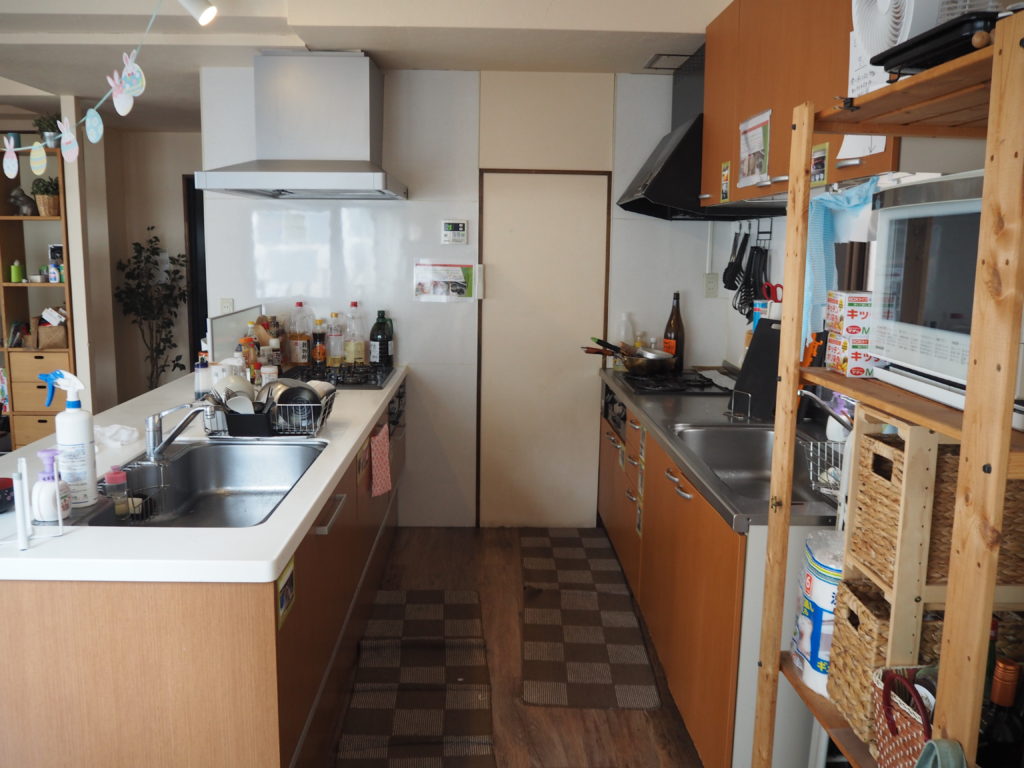
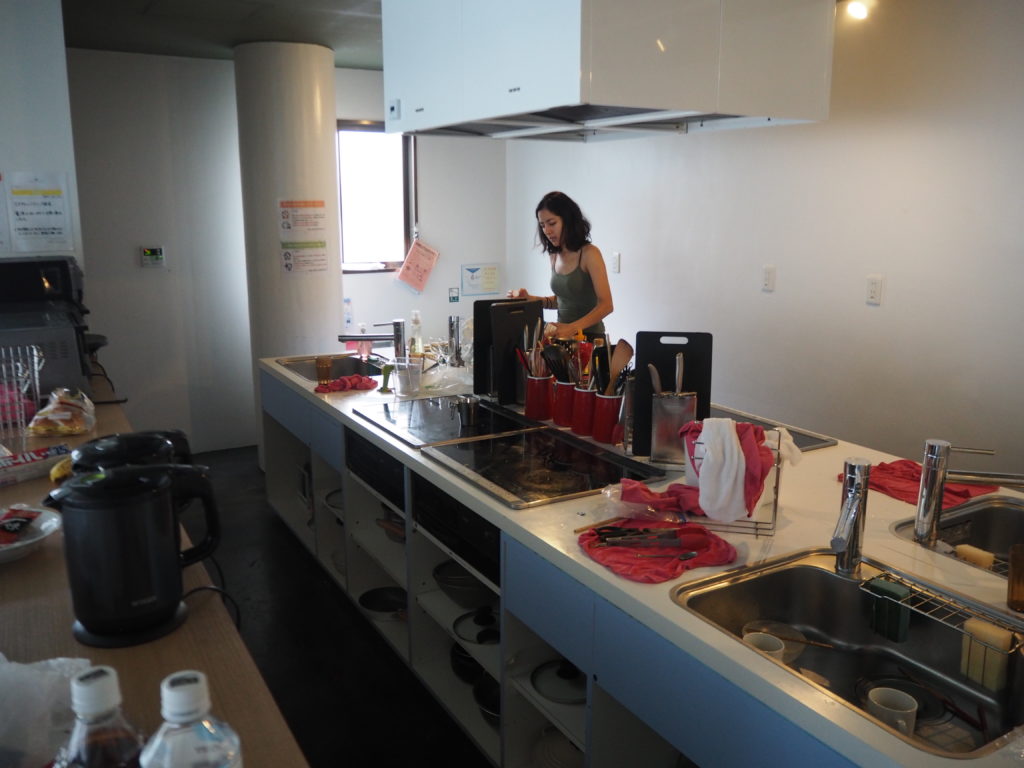
Finding a Sharehouse in Tokyo, Sharehouse Characteristics Continued:
- Neighborhood & Amenities – Check if the location is walking distance to a train station, and if there are convenience stores nearby. If it’s located on a busy street or near train tracks, you may have concerns about noise.
- On-Site Laundry Availability
- Outdoor space such as a patio or rooftop – In the center of Tokyo you may be hard-pressed for a lawn outside your sharehouse, but many do have rooftop spaces. Some sharehouses have BBQ areas outside, or patios with tables and chairs for chilling when the weather is nice.
- Sharehouse Demographics – Depending on the sharehouse, there may be mostly Japanese tenants, mostly foreign tenants, or a 50/50 mix. Some companies also have age restrictions, preventing those older than 35 or 40 from staying in their sharehouses.
Luxury Tokyo Sharehouse Characteristics
- Netflix, game console, or pool table included in living area
- Shared kitchen condiments paid for by the sharehouse
- Special rooms like a gym, study, powder room, or movie room.
- Social events organized and sponsored by the sharehouse
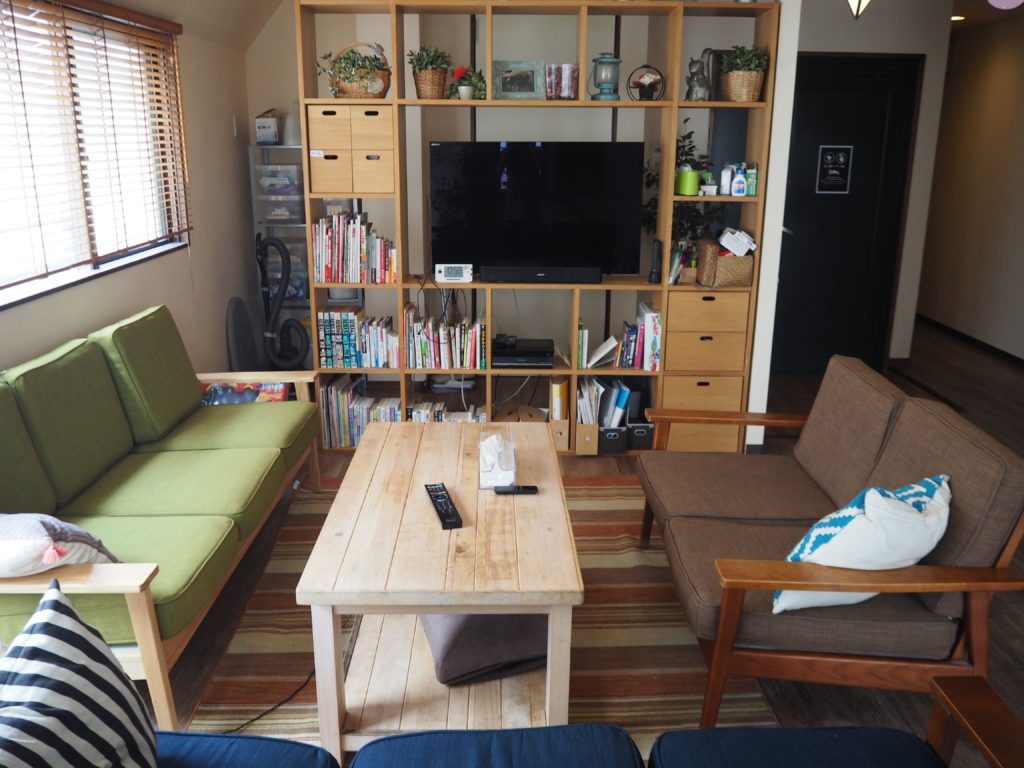
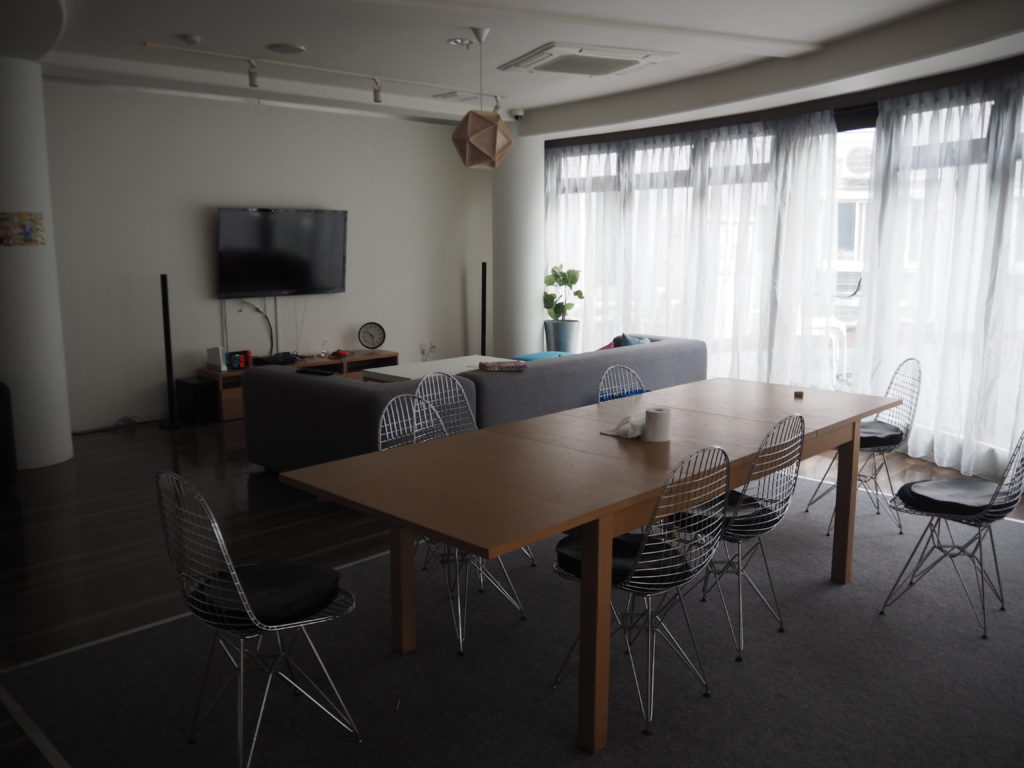
Tokyo Sharehouse Room Characteristics
Think about what you MUST have in your room to live a comfortable life in a sharehouse in Tokyo. When finding a sharehouse in Tokyo, check out these room characteristics:
Basic
- Shared room vs Private room
- Furnished vs Unfurnished room (basics include a bed, mattress, desk and chair, lights, and closet with mirror)
- Room size (keep in mind that Sharehouse websites are very good at making small rooms look large in the pictures. It’s called a wide lens camera)
- WiFi availability
- Windows
- AC unit included
- Normal bed or Loft bed
Luxury
- Balcony
- Kitchenette
- Private bathroom
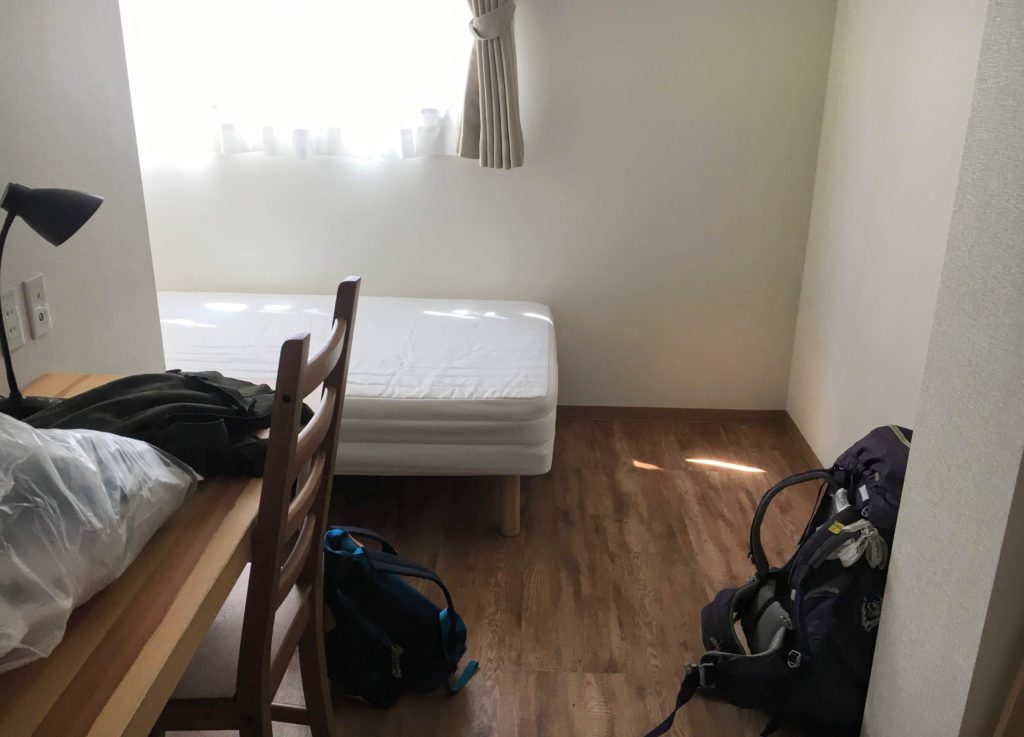
Tokyo Sharehouse Contract Obligations to Check For
Different Tokyo sharehouse companies have different rules for their tenants in their properties. These are important to keep in mind before signing your contract, because it can restrict your flexibility while living in Tokyo.
- Minimum Contract Length – Can be 1 month to 6 months minimum. Keep in mind how long you want to stay in Tokyo, and what you have to pay if you end up leaving sooner than the contract expiration date.
- Male-only or female-only sharehouses – These types of sharehouses are not uncommon, and may even have rules stating visitors of the opposite sex cannot enter the home
- Guests staying the night – Some sharehouses do not allow guests to stay over, period. Some may charge 1000-1500 yen ($9-$13 USD) per night that you have a guest stay over, while some sharehouses let guests stay for free as long as its under a certain number of nights per month.
- Lock out rules, curfews
- Staying with two people in one room – A few sharehouses will allow two people to share a room for an extra fee per month.

I went to watch sumo in Tokyo together with my sharehouse friends
Websites to help you find a Sharehouse in Tokyo!
Sharehouse Companies in Tokyo
- Sharestyle – focus on language exchange, foreigners and Japanese living together
- Oakhouse – has social homes outside of Tokyo, and smaller ones within Tokyo
- Social Apartments – large sharehouses mostly outside of Tokyo
- Wabi Sabi – small sharehouses with discounted rent for foreigners
- Sakura House – locations in Tokyo and Kyoto
- Borderless Sharehouse – dorm room options with 50-50 foreigners and locals
Sharehouses in Tokyo Databases
- Tokyo Sharehouse – I used this site the most, which has many filter options
- Shares.House – lists locations around Tokyo and Japan, some very cheap
- Sharehouse Bank – lists locations in Tokyo and the greater Tokyo region
Check these websites to find a sharehouse in Tokyo for you. Get in contact with the companies (everyone will be able to write back in English) to get the ball rolling on your new life in Tokyo!
Finding a sharehouse in Tokyo? Pin this post!



Looking for things to do after you’ve found the perfect sharehouse in Tokyo?
- Read up on my Tokyo itinerary – The Perfect Three Days in Tokyo Itinerary
- Check out the highlights – Top 15 Things To Do In Tokyo
- See Tokyo’s weird and quirky side – 20 Weird And Unique Things To Do In Tokyo
- Learn where to escape the crowds – Off-The-Beaten-Path Places In Tokyo
- Get out of the city for a day – Best Day Trips From Tokyo
- Gain some elevation over Tokyo – Six Amazing Tokyo Viewpoints

